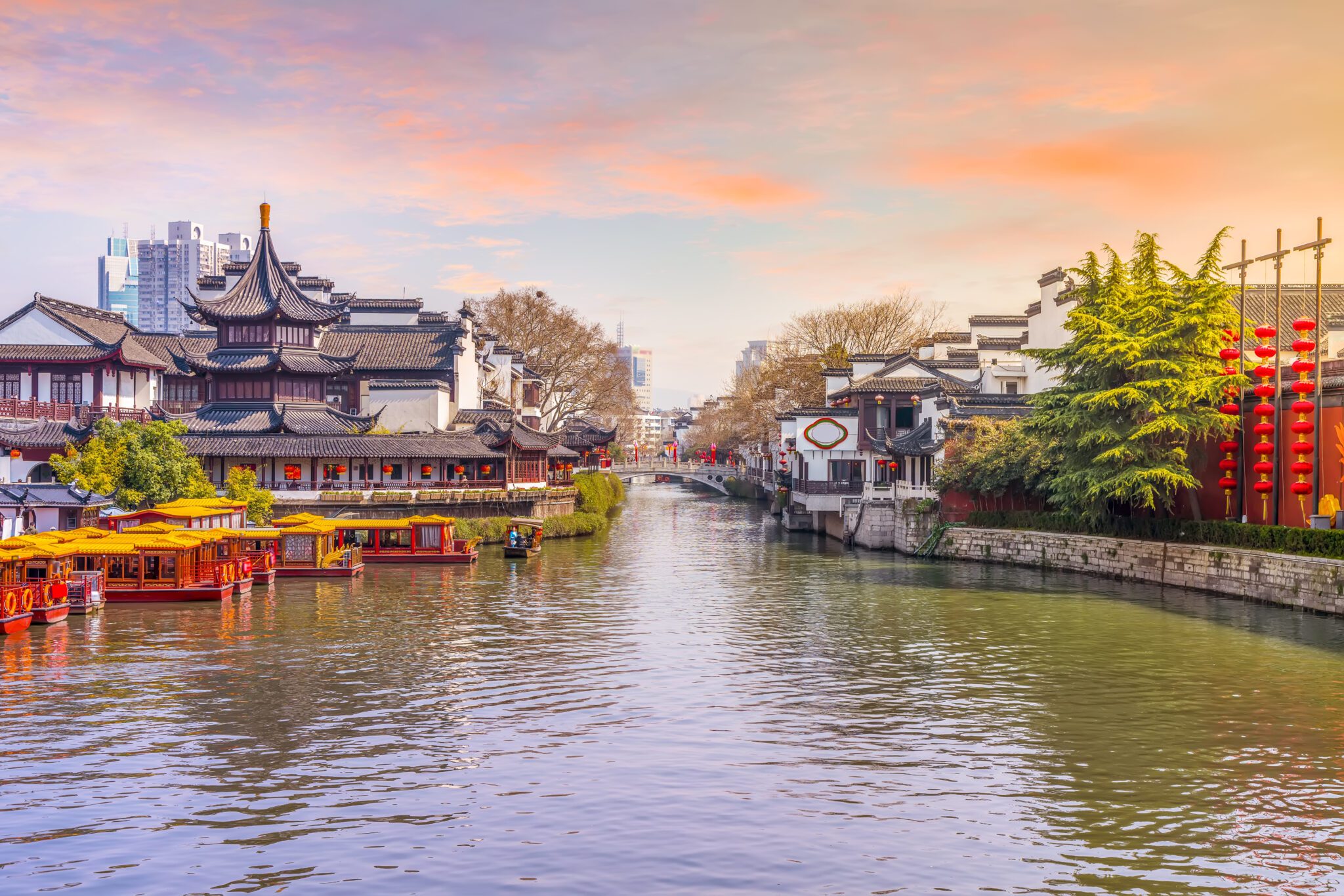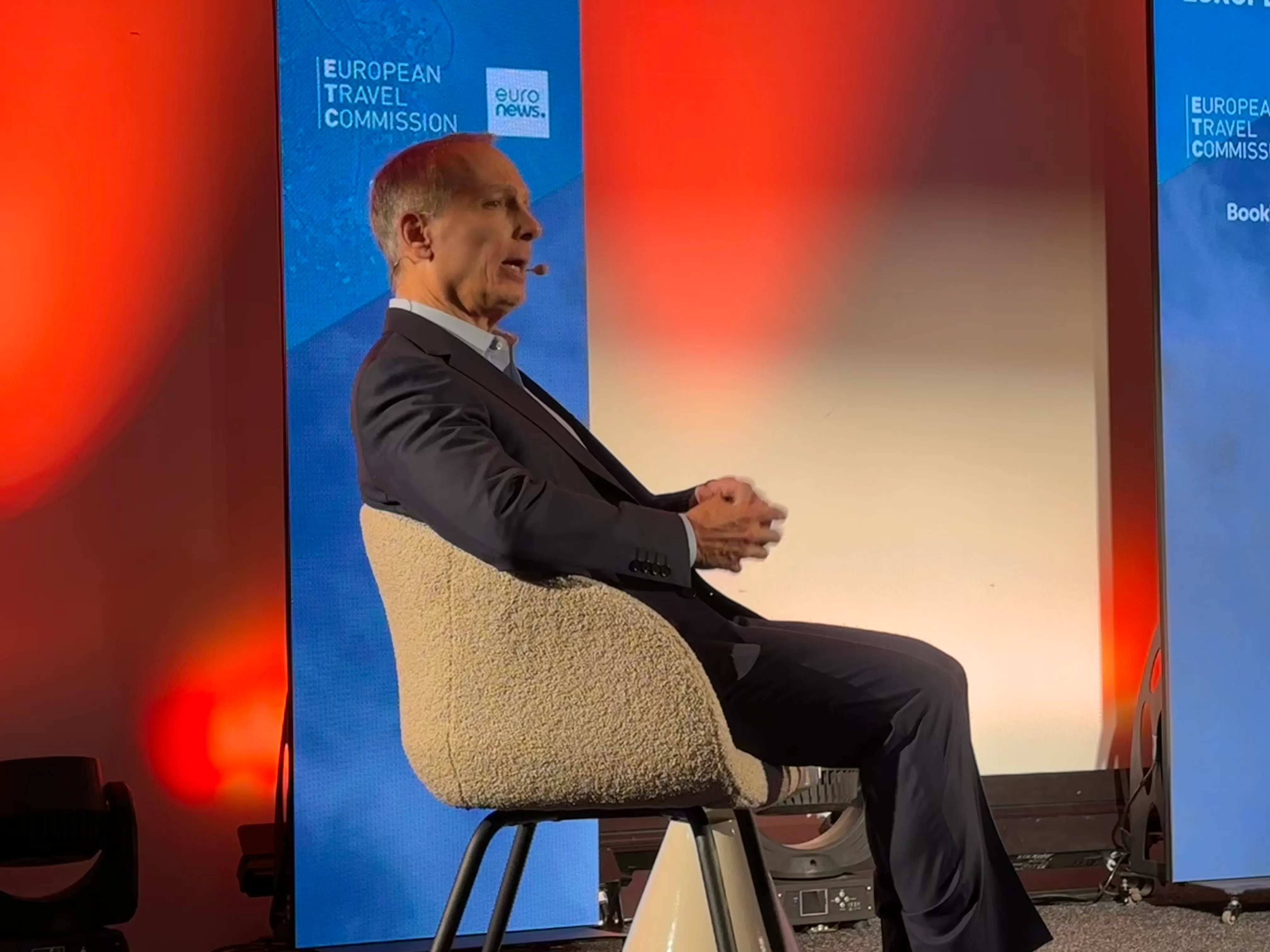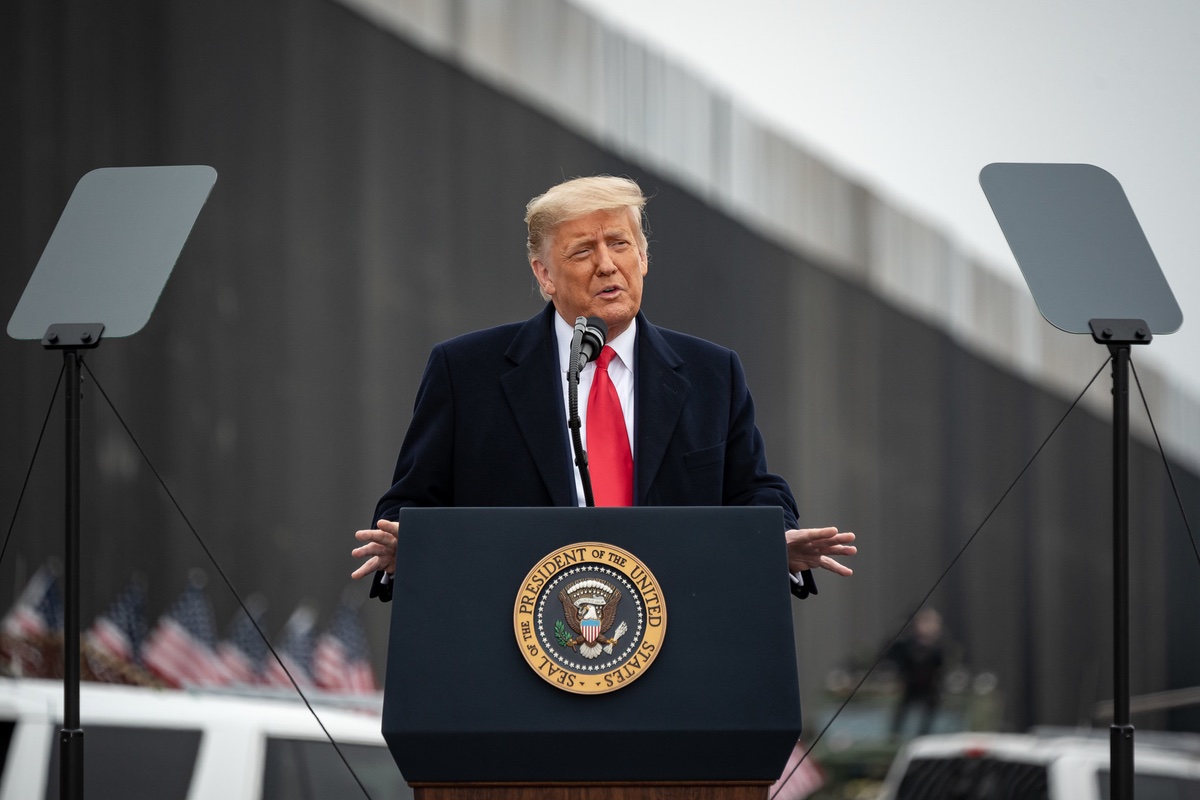Travel's Social Commerce Future — Digital Marketing News This Week

Skift Take
This week, we're talking about social commerce.
With Instagram testing a broader rollout of "shoppable" buy now buttons, and many travel brands experimenting with conversational chat interfaces, a new wave of social-focused commerce seems to be taking off in the travel industry. These tools represent an evolution from previous methods of online selling, in that they let consumers utilize information like word of mouth and offer more "conversational" methods of finding and buying products (rather than searching a database).
But even as social commerce gets more attention, some marketers remain skeptical. Not everyone is convinced Instagram users want their photo browsing "polluted" with product pitches. And striking the right balance with chat bots between helpful and "creepy" is still a work in progress. How might social commerce evolve? Read on for more details.
Instagram Tests New Social Commerce Rollout
Instagram is already one of travel marketers' favorite social platforms. But it still has one glitch: it's more difficult than travel brands would like for consumers to "take action" on the inspiring photos of beaches and mountains that show up in users' feeds. That all may change soon, thanks to a new feature being tested with a select group of retail brands. Read more
Testing the Potential Benefits of Travel Chat Bots
Similar to artificial intelligence, travel chat bots are getting lots of attention from travel marketers in 2016. But not everyone is sold yet on their effectiveness. Why use an automated bot to book a flight when a travel agent can do it just as quickly and cheaply? One frequent traveler decided to put the chat bot concept to the test and came away pleasantly surprised by the results. Read more
How easyJet Integrates Artificial Intelligence to Help Improve Operations
Artificial intelligence is the new "bright shiny object" for the travel industry, with numerous marketers mentioning the discipline as a key area of interest and experimentation. But how are travel companies actually using AI to generate meaningful results? UK carrier easyJet is one travel brand experimenting with AI, using it to help passengers more quickly fill out forms and to determine how much food to load on flights. Read more
Delta Introduces New Mobile App Bag Tracking Feature
The technology behind bag tracking continues to improve. Not only are there now consumer products that give travelers more DIY tracking options, more travel brands are also integrating bag technology into their own infrastructure. Delta is the latest airline to make bag tracking mainstream, adding a new feature to its mobile app that lets customers follow their bag's progress. Read more
Google Tests New Programmatic Ad Tool with Travel Brands
Programmatic advertising, an automated ad buying technique that offers marketers new methods to buy and sell inventory in real time, is seeing soaring popularity with marketers. But its one major failing is that because it's automated, it's difficult to run campaigns with custom creative elements, like so-called "native" ads. That may be changing thanks to Google, which is testing a new program with Hilton and others to run native ads using programmatic. Read more
Data Science Grows in Importance for Travel Marketers
The field of data science, which combines statistics, social science, computer science and design, is gaining growing appeal with travel marketers. As more companies are overwhelmed by the glut of "big data" entering their computer systems, these data scientists are helping them to make sense of the numbers and create actionable business plans. Here's how hotel chain Accor uses data scientists in its own strategic decision making. Read more




